Perimenopause, Menopause & Beyond
Finally, we are talking, listening and sharing personal experiences to help one another understand and navigate our way through, what for many, can be an unsettling and challenging stage of life. Through discussion highlighting a plethora of symptoms, Women are recognising, relating and reaching out for help. Talk around successful dietary changes, key supplementation, lifestyle intervention and the power of HRT, are encouraging women to explore what they need to get back in the driving seat of their wellbeing. Women feel empowered by choice and this can only be fabulous for welcoming back the va va voom!
Hormone Decline
Essentially, menopause is the permanent loss of ovarian oestrogen and progesterone, both hormones have profound effects throughout a women’s body. It may surprise you to know that there are receptors for these hormones in nearly every organ, their delicate balance is responsible for multiple tasks. It’s no wonder when these hormones decline, the impact, for many is profound, effecting biochemistry, multiple tissues and organs.
Much focus is placed on declining oestrogen and progesterone but the reality is testosterone frequently declines alongside them. Does this matter? Yes, absolutely. Testosterone is vital for bone health, mood, muscle mass, immune regulation, libido, memory and much more. For many women HRT involves replacing both oestrogen and progesterone with testosterone overlooked, alongside its precursor DHEA (affected by chronic stress). Both DHEA and testosterone can be supported using nutritional intervention once there is an understanding of hormone levels and metabolism (breakdown).
To be clear, signs and symptoms of perimenopause do overlap with menopause. The difference? Perimenopause involves menstrual changes in flow, regulation, and duration. Menopause is when a woman’s menstrual cycle has stopped consistently for 12 months.
Symptoms May Include:
Hot flushes
Reduced memory and/or brain fog
Dysregulated mood
Sleep disruption
Increased anxiety
Heart palpitations
Increased histamine reactivity (the onset of menopause can set off histamine intolerance and related symptoms and condition)
Muscle and joint pain
Loss of bone mass
Dry skin and/or itchy skin
Vaginal itchiness/dryness
Reoccurring Urinary Tract Infections (UTIs)
Stress Incontinence
Are any of these symptoms familiar?
The Good News
I can help you navigate your personal hormone transition using tailored dietary advice, therapeutic supplementation and lifestyle considerations facilitated by not just blood testing, but the revolutionary Dried Urine Test for Comprehensive Hormones known as the DUTCH.
Meet the Revolutionary DUTCH Test
Traditionally sex hormone levels during perimenopause/menopause are assessed via blood testing, incredibly important, but this only provides us with part of the hormone picture, circulating hormone levels. What we really want to understand is not just circulatory hormone levels but what the body is doing with them. This is where the DUTCH comes in. Sample collection is dried urine (4-5 paper strip collections), in some cases I may request saliva sampling for stress hormone assessment. The test provides invaluable detail regarding personal hormone pathways (not all are favourable!), we see whether oestrogen clearance and deactivation is optimal, if testosterone is low because there is increased conversion to oestrogen (aromatisation) or if testosterone breakdown is favouring a more potent androgen pathway, is the breakdown of progesterone potentially influencing anxiety, the list goes on!
More amazing news…HRT can be monitored using the DUTCH. The test will tell us your unique physiological response to this method of intervention. Is it working for you in the best way possible?
Stressed? The DUTCH provides us with key information not just about sex hormones but stress hormones and adrenal gland demand. My clinical experience has shown chronically stressed women are more likely to experience a particularly challenging perimenopause & menopause.
The DUTCH test allows for identification of nutritional and nutrient needs, not only deficiencies but herbs, nutrients which can favourably influence hormone pathways. I create tailored recommendations for each unique female I work with.
Work With Me
I’ve over 14 years’ extensive experience as a Registered Nutritional Therapist in private practice, student education and practitioner support. Through the wholistic lens of Functional Medicine I view the human body as a complex integrated system, acknowledging environment, diet, lifestyle, emotional wellbeing, genetics, and biochemical uniqueness all play a role in wellness and vitality.
The beauty of this approach means dietary modification, therapeutic supplementation and lifestyle changes can bring health results in isolation or alongside traditional medicine, including HRT.
I offer 60-minute consultations, complex cases may require an initial 90-minute consultation.
Fees £215 per hour.
An initial consultation allows for information gathering facilitating targeted decision making. This includes dietary changes, supplementation and test selection. There are variety of DUTCH test options, blood panels, UTI/interstitial cystitis testing, food panels and stool tests which may be important to consider. My role, through careful questioning and information gathering, is to narrow down which test/s panels will provide us with the most pertinent information with which to begin reinstating wellness, vitality and va va voom!




